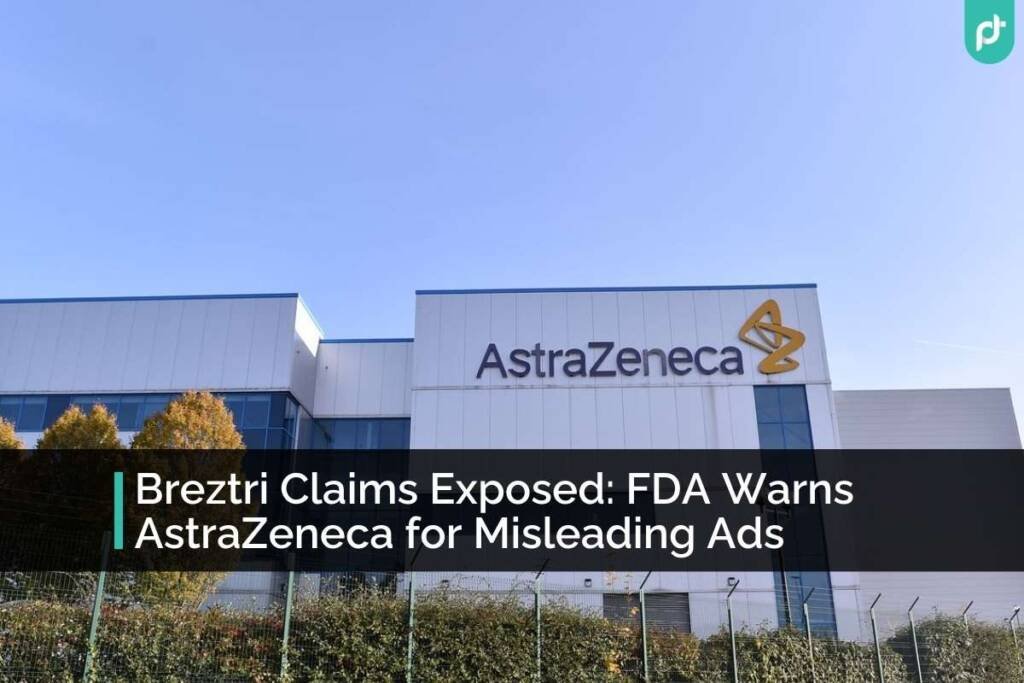AstraZeneca’s promotional campaign for Breztri Aerosphere, a treatment for chronic obstructive pulmonary disease (COPD), has encountered significant regulatory turbulence, with the FDA taking decisive action.
The regulatory agency has sounded the alarm on what it deems as “misleading” claims made by an AstraZeneca sales aid about the inhaler’s impact on all-cause mortality. This led to the FDA dispatching a stern warning letter to AstraZeneca’s CEO, Pascal Soriot.
In compliance with FDA protocols, AstraZeneca had submitted the sales aid and other promotional materials for Breztri to undergo regulatory scrutiny. However, the agency found glaring discrepancies in the sales aid’s content. Specifically, the sales aid touted a “49% Observed relative difference with Breztri vs LAMA/LABA,” citing data from studies published in 2020 and 2021. This claim suggested a positive influence of Breztri on all-cause mortality, a notion that the FDA vehemently contested.
The FDA’s warning letter shed light on its concerns, asserting that the presented claims and information were “misleading” and “not supported by the cited references.” The agency highlighted a critical point of contention: the trial data did not provide a basis for conclusive statements regarding all-cause mortality. Moreover, the FDA raised doubts about the trial’s design, highlighting the potential confounding impact of the abrupt withdrawal of inhaled corticosteroids on mortality analysis.
In one of the mentioned studies, a secondary outcome revealed that the use of BGF 320, a triple therapy consisting of the active components budesonide, glycopyrrolate, and formoterol fumarate, was associated with a 49% reduced risk of death (both during and outside of treatment) compared to the use of only glycopyrrolate and formoterol fumarate. The FDA’s primary concern revolved around the public health implications of these claims. The agency expressed worry that the promotional material not only overstated the drug’s efficacy but also conveyed a misleading impression that Breztri could positively influence all-cause mortality and reduce the risk of death among COPD patients. Additionally, the FDA called out the use of a p-value that gave an inaccurate sense of statistical significance.
While the FDA dispatched the warning letter on August 4, it was only made publicly available on August 15. AstraZeneca was granted 15 working days from the receipt of the letter to respond in writing, outlining a concrete plan for discontinuing the use of such communications or ceasing the distribution of Breztri-related materials.
As AstraZeneca navigates these regulatory challenges, the incident underscores the importance of accurate and transparent communication in the pharmaceutical industry and the vital role that regulatory bodies play in safeguarding public health.





























